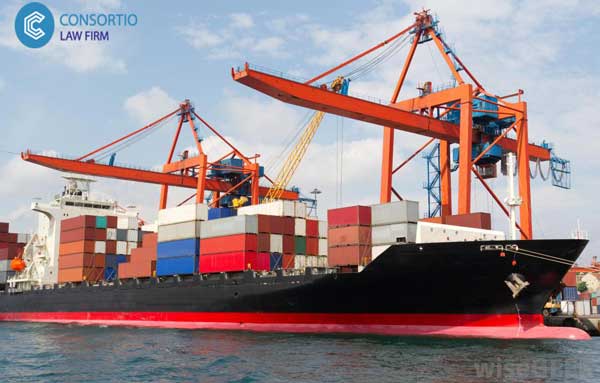CISG, the Vienna convention, which is the UN convention on contracts for the international sale of goods, the CISG is a treaty that is a part of the international sales law, the CISG is considered to be one of the most successful uniform laws as it has been ratified by about 89 countries.
The CISG was developed by the UNCITRAL, which is the United Nations Commission on International Trade Law, the CISG was signed back in 1990 in Vienna. The CISG came into force on January 1988, after it has been ratified by 11 countries.
Having been accepted by countries that have differences in terms of their geographical locations, economic development in addition to different social system, the CISG is considered to be a major success for the UNCITRAL, the major reason for that success is due to its flexibility in giving countries the option to take exception to some certain articles, and that flexibility convinced several countries to ratify the CISG.
The CISG uses plain language and that was intentional in order to avoid the usage of words that are associated with specific domestic laws, the CISG is made of four parts:
The first part: Sphere of Application and General Provisions (Articles from one to thirteen)
The CISG is applied to those sale of goods contracts that their businesses are located in different countries, and it is applied only to commercial goods and products, and doesn’t apply to family goods, or services.
Disputes regarding the interpretation of the CISG can be resolved by applying the general principles of the CISG, or by applying the rules of the private international law.
The second part: Formation of the Contract (Articles from fourteen to twenty-four)
The offer that is handed must be definite in terms of describing the quantity and price of the goods, in addition to the intention of the offeror regarding acceptance, when no price is written explicitly, it is assumed that the parties agree on using the price that is generally charged for such good at the time of the conclusion of the contract.
The third part: Sale of Goods (Articles From twenty-five to eighty-eight)
In the articles from 25 to 88 of the CISG, the sale of goods in addition to the obligations of the seller and the buyer, and the passing of risk is discussed.
The CISG have defined the role of the seller that involves the delivery of the goods in addition to handing over its documents and transferring the property of the goods to the buyer, while the buyer is responsible for the payment for the goods.
The goods that the seller hands to the buyer should be of the quantity, quality, description and price stated in the contract, when a fundamental breach of contract occurs, that party is derived from all rights, while a non-fundamental breach can result in a penalty or price adjustments.
The Fourth part: Final Provisions (Articles from eighty-nine to one hundred and one)
These articles of the CISG include provisions regarding how and when the convention comes into force, in addition to the permitted declarations and the application of the convention in the cases where the contract is between two traders in two countries that have similar laws.
This part is believed to be addressed to countries rather than to business people, but they might have a critical impact regarding the CISG applicability.






Leave A Comment